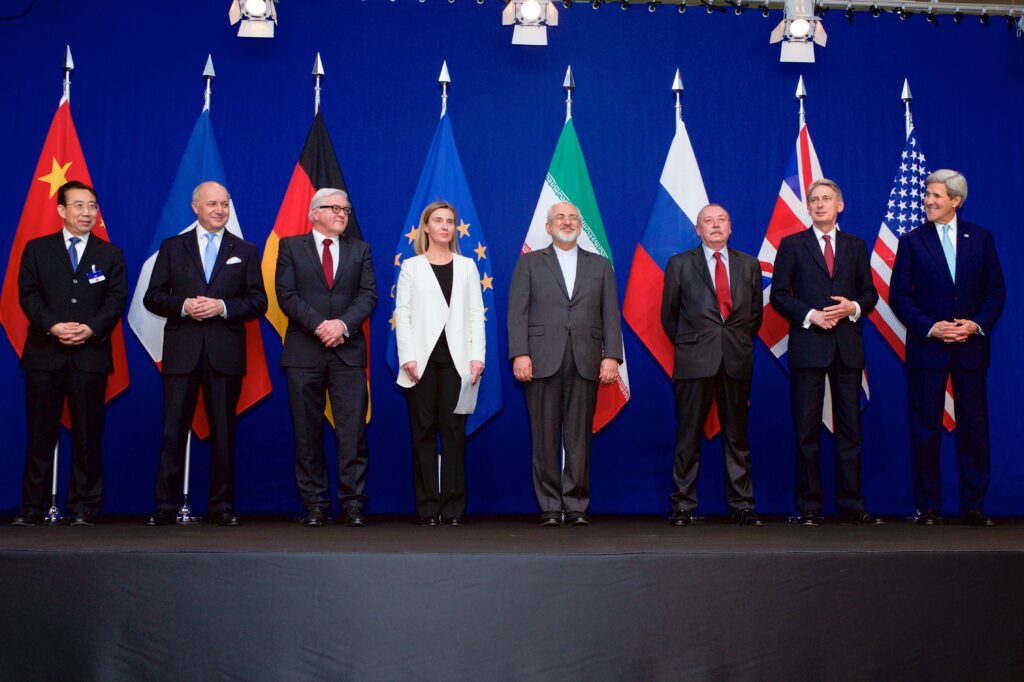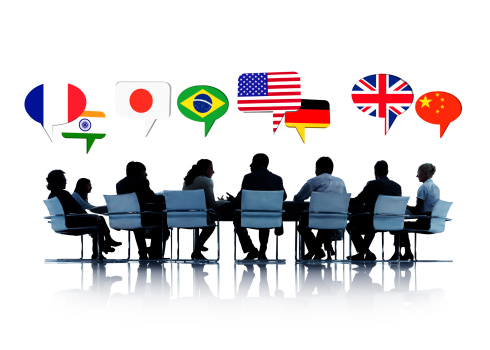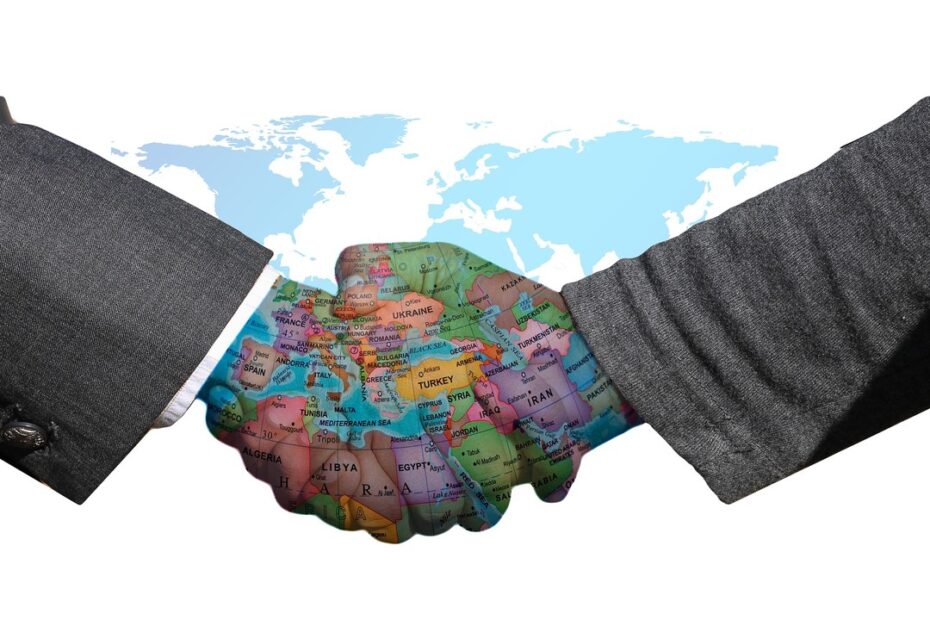In the ever-evolving landscape of international relations, treaties and agreements are the glue that holds nations together. However, not all is sunshine and rainbows in this complex world of diplomacy. As of my last update in September 2021, there were three treaties and agreements that had been causing quite a stir on the global stage. Let’s dive in and explore these diplomatic conundrums.
1. Iran Nuclear Deal (JCPOA):
The Iran Nuclear Deal, or the Joint Comprehensive Plan of Action (JCPOA), was hailed as a breakthrough when it was signed in 2015. Iran agreed to put the brakes on its nuclear program, and, in return, sanctions against the nation would be lifted. But as in any high-stakes poker game, someone decided to fold and walk away.
In 2018, the United States, under the Trump administration, pulled out of the JCPOA, leaving the international community to pick up the pieces. With sanctions making a comeback, Iran began pushing the envelope by exceeding the uranium enrichment limits outlined in the agreement. The result? A diplomatic standoff where no one seemed willing to make the first move.
What’s at stake here? Well, if this diplomatic poker game goes south, it could spell trouble for the entire Middle East. Proxy conflicts might become the order of the day, and we could be staring at a regional showdown. Beyond that, the integrity of international agreements hangs in the balance. If the JCPOA crumbles, who’s to say others won’t follow suit, leaving us with a world order built on shaky ground?

2. South China Sea Showdown and UNCLOS:
Ah, the South China Sea—a vast expanse of water with a dash of geopolitics that makes it the perfect recipe for tension. Multiple nations are staking their claims, and China, in particular, has been busy transforming reefs into military outposts. Picture a crowded pool party where the neighbors are squabbling over who gets the best float.
China’s territorial assertiveness has raised concerns among its South Asian neighbors and the international community at large. Disputes over sovereignty, maritime boundaries, and access to vital trade routes are simmering beneath the surface. The lifeguard, in this case, is the United Nations Convention on the Law of the Sea (UNCLOS), but it’s struggling to maintain order.
A skirmish in the South China Sea isn’t just a localized spat—it’s like a water balloon fight that could involve not just the regional swimmers but also lifeguards from afar, such as the United States. A ripple here could set off waves worldwide. It underscores the importance of adhering to international law and finding peaceful solutions before we’re caught in a global cannonball contest.

3. Paris Agreement on Climate Change:
Now, let’s shift gears to a different board game—the global Monopoly of climate change. The Paris Agreement is our game board, where nations place their bets on keeping global warming in check. It’s a high-stakes game where the chips represent carbon emissions.
The dispute within this game revolves around who’s contributing the most chips to the pot. Some argue that it’s not nearly enough, while others are watching the bank suspiciously. The stakes are astronomical because climate change isn’t just another game; it’s the real deal. Think floods, droughts, and food shortages instead of Park Place and Boardwalk.
While the Paris Agreement won’t set off a world war, the consequences of climate change could lead to resource conflicts and mass migrations. It’s like playing a never-ending game of Monopoly with the entire world, where no one wants to go bankrupt. To avoid a “climate bankruptcy,” we must all play by the rules and ensure everyone gets a fair share of the Monopoly money—metaphorically speaking, of course.
Conclusion
These treaty tensions are more than just diplomatic tussles; they are pivotal moments in global diplomacy’s grand game. Whether it’s keeping the JCPOA alive, defusing tensions in the South China Sea, or addressing climate change through the Paris Agreement, the world is in a constant state of negotiation. Diplomacy, cooperation, and a healthy dose of patience are our best bets to navigate these treacherous waters and keep the game going without tipping the board over.
Join the Conversation at the World War 3 Forum (www.ww3forum.com)!
Now that we’ve delved into the complexities of global diplomacy and the treaties shaping our world, it’s time for you to have your say. Your perspective matters, and your voice can help shape the discussions on these critical issues.
By joining the World War 3 Forum, you’ll gain access to a vibrant community of thinkers, learners, and global citizens eager to share insights and engage in meaningful conversations. Whether you’re passionate about international relations, diplomacy, or simply curious about the world’s pressing challenges, this forum offers a space for you to connect, learn, and exchange ideas.
But that’s not all! As a member, you’ll enjoy exclusive benefits, including:
- Access to Expert Insights: Engage with experts and enthusiasts who provide valuable perspectives on global affairs.
- Participate in Thoughtful Debates: Join in on discussions about pressing issues, including those treaties and agreements we’ve explored today.
- Stay Informed: Receive timely updates and analyses on international events and their implications.
- Contribute to Solutions: Share your thoughts on how we can collectively address global challenges and promote peace and stability.
So, why wait? Click the link below to join the World War 3 Forum and be a part of a dynamic community that’s committed to shaping a better, more informed world.
Your perspective can make a difference. Join us today and let your voice be heard!
